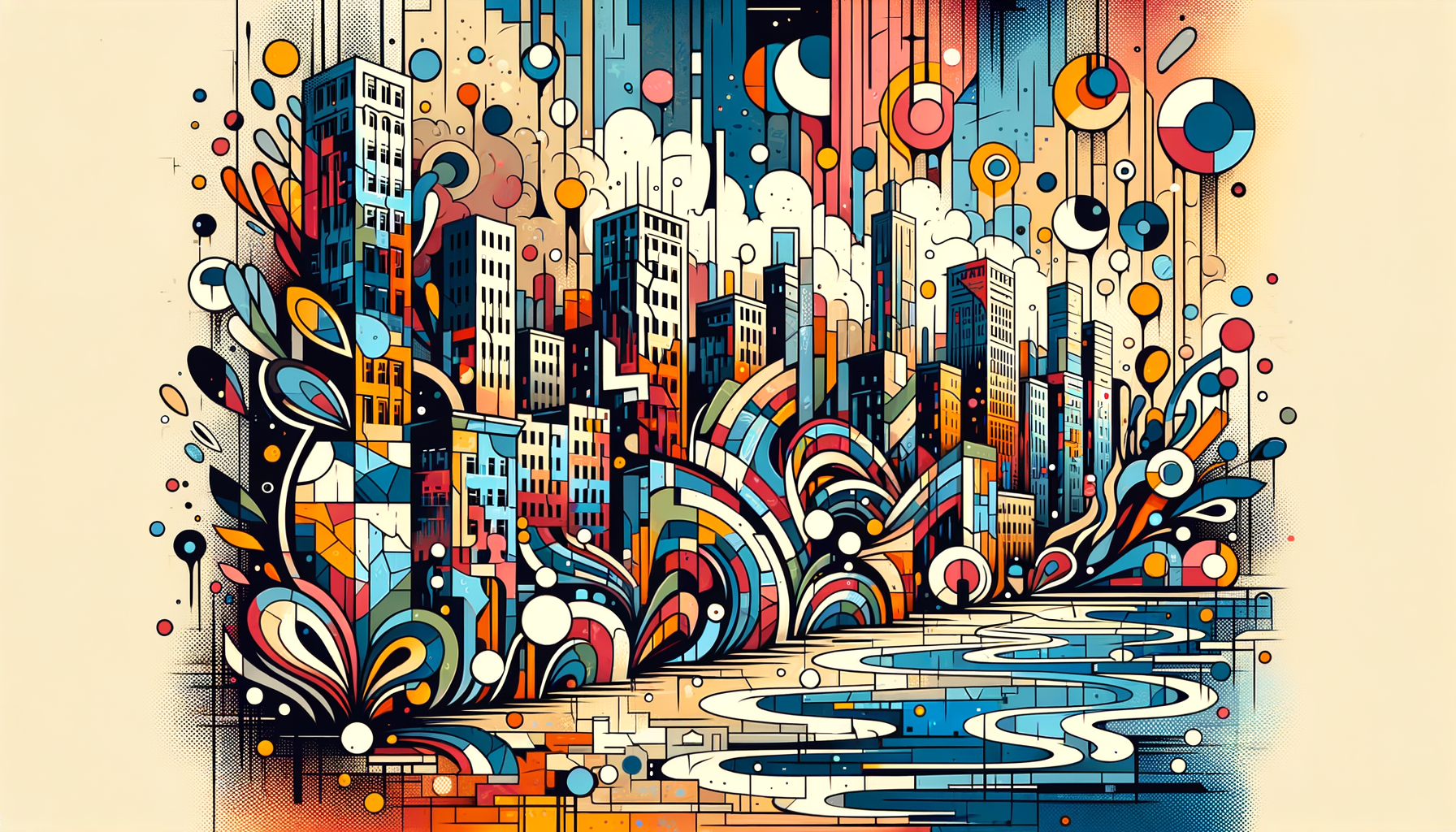The Battle I Fought in Secret
The Art of Smiling Through It
On the surface, I’ve always been “the funny guy.” You know the type—the one cracking jokes at dinner parties, the first to send a gif in the group chat, the guy who can turn a minor inconvenience like spilling coffee into a 15-minute stand-up routine. But behind the banter and perfectly timed punchlines, I was fighting a silent, invisible battle: loneliness. Not just the kind you feel sitting at home on a Friday night, but the kind that persists even in the middle of a crowd. The kind that clutches at you, no matter how many people text “yo, come out tonight!”
For years, I avoided admitting it to anyone, even myself. After all, no one expects the life of the party to feel like the loneliest person in the room. And yet, there it was—a quiet ache I couldn’t quite shake, lingering like that one friend who just won’t know when to leave the after-party.
Let’s just say it wasn’t the most Instagrammable era of my life.
Toronto and the Tumbleweed Effect
If you’ve lived in a city as big and bustling as Toronto, you know the paradox. Surrounded by millions of people, teetering elbow-to-elbow on the subway or squeezed together at a concert at Massey Hall, you can still feel like a tumbleweed rolling through the prairies. City lights? Sure. Connection? Harder to come by.
This wasn’t the life I had in mind growing up in Riverdale, where every park felt like an extension of my own backyard and every neighborhood cafe practically handed out free smiles with your cappuccino. But somewhere along the way—maybe in my pursuit of career goals, ambition, or just a misguided attempt to be too cool—I brushed past the deeper connections I’d once worked so hard to build.
People close to me would see a flash of exhaustion in my eyes and ask, “Hey, you good?” My go-to response? “Tired. Long week.” Standard issue, no elaboration required. Later, I’d analyze every chat and realize the life raft was right there, and I’d let it drift past me.
That inner conflict stayed with me for years, weaving itself into my relationships. I wanted to be close to people, but I’d built iron walls with witty one-liners as my only defense. Vulnerability? Not today (or tomorrow, if I’m being honest). Instead, I leaned into performance—smiles, laughter, and group photos that suggested my life was one big episode of Friends.
Spoiler alert: it wasn’t.
How Loneliness Feeds Itself
Here’s the wild part about loneliness: it feels shameful, as though admitting it would make you somehow less lovable. So, you overcorrect. You RSVP yes to everything, but no matter how many social marathons you conquer or how many drinks you grab at patio bars on King Street, it hangs tight. A lot of times, urban loneliness isn’t about a lack of people. It’s about the disconnection between who you are inside and the role you feel obligated to play.
I needed to give myself permission to stop performing—but that’s easier said than done in a world demanding constant curation, from dating profiles to Instagram grids. And don’t get me started on the unspoken pressure to have a “close friends” list featuring at least 20 green-circled names. I once worried if my life didn’t look like an indie rom-com starring me as a socially thriving lead, people might stop believing in me—or worse, I might stop believing in myself.
Breaking the Code of Silence
The first time I said “I’ve been feeling a bit lonely” out loud, there wasn’t some magical cinematic light bulb moment. It wasn’t even strategic. It blurted its way out during a late-night conversation with a close friend (shoutout to Thai takeout and wine for loosening the reins). Her response? “Yeah, I’ve been feeling that way too, honestly.”
Wait, what?
Turns out, I wasn’t alone in feeling alone. The more I talked about it, the more I realized how common the experience was—especially among those navigating the fast-paced, high-pressure, ultra-online world of our late 20s and 30s. The shame I’d attached to it started to evaporate. We all fight silent battles, whether it’s loneliness, impostor syndrome, or just figuring out what brand of olive oil to buy because Costco is overwhelming.
That conversation opened the door for more honesty in my friendships. Vulnerability has an uncanny way of building connections faster than shared interests or even a weirdly specific love for karaoke (though I maintain my rendition of “Mr. Brightside” is a profound act of self-expression). Once I stopped pretending and started opening up, my relationships began to transform.
From Loneliness to Connection
Here are a few things I learned about climbing out of the loneliness spiral—things you might find helpful if you’ve booked a one-way ticket to Isolation Town:
-
Name it aloud: Labeling the feeling neutralizes it. Say it to yourself in the mirror, text it to a friend, or write it in your Notes app between grocery lists. Even thinking, “Oh, hey, loneliness!” is better than dodging its existence like an awkward ex at a party.
-
Make micro-moves: You don’t need an elaborate social calendar or a reunion tour of high school buddies. Start small: reply to that text you left hanging for weeks, say hi to your neighbor, or DM someone you admire (just, you know, keep it cool).
-
Drop the perfectionism act: Authenticity is magnetic. No one cares if your life isn’t worthy of a TED Talk. People want the real stuff: your nervous laugh, the way you always order the same sandwich, your kindness when no one’s looking.
-
Alone isn’t always lonely: Learning to enjoy your company is underrated. Silent Sunday mornings with coffee, a book, and no agenda? Chef’s kiss.
-
Go beyond hanging out: True connection needs depth. Say yes to new experiences—whether it's a book club, a pottery class, or going to a concert where you start chatting with fellow fans. Real bonds grow in shared stories, not in “so, how was work?”
Choosing Connection
The battle against loneliness isn’t one you “win” like you’re collecting a trophy—it’s more like a journey toward being at peace with yourself and open with others. Bit by bit, I reclaimed my connection to community, not by chasing photo-ready moments but by allowing relationships, and myself, to get messy, flawed, and real.
What surprised me most? Rediscovering how much my friends, new and old, genuinely cared. The people I thought might pull away if they saw the cracks in my armor leaned in closer instead. Turns out, letting people see you doesn’t push them away—it pulls them in.
So, if you’ve been quietly fighting your own battle with loneliness, know this: you’re not weird, broken, or doomed. And you definitely don’t have to carry it alone. Embracing connection isn’t weak—it’s brave. It starts with that first, shaky step out of your shell. The next thing you know, you’re sharing dim sum at a packed communal table in Kensington, feeling like the world isn’t so huge after all. You’re connected. You’re here.




















